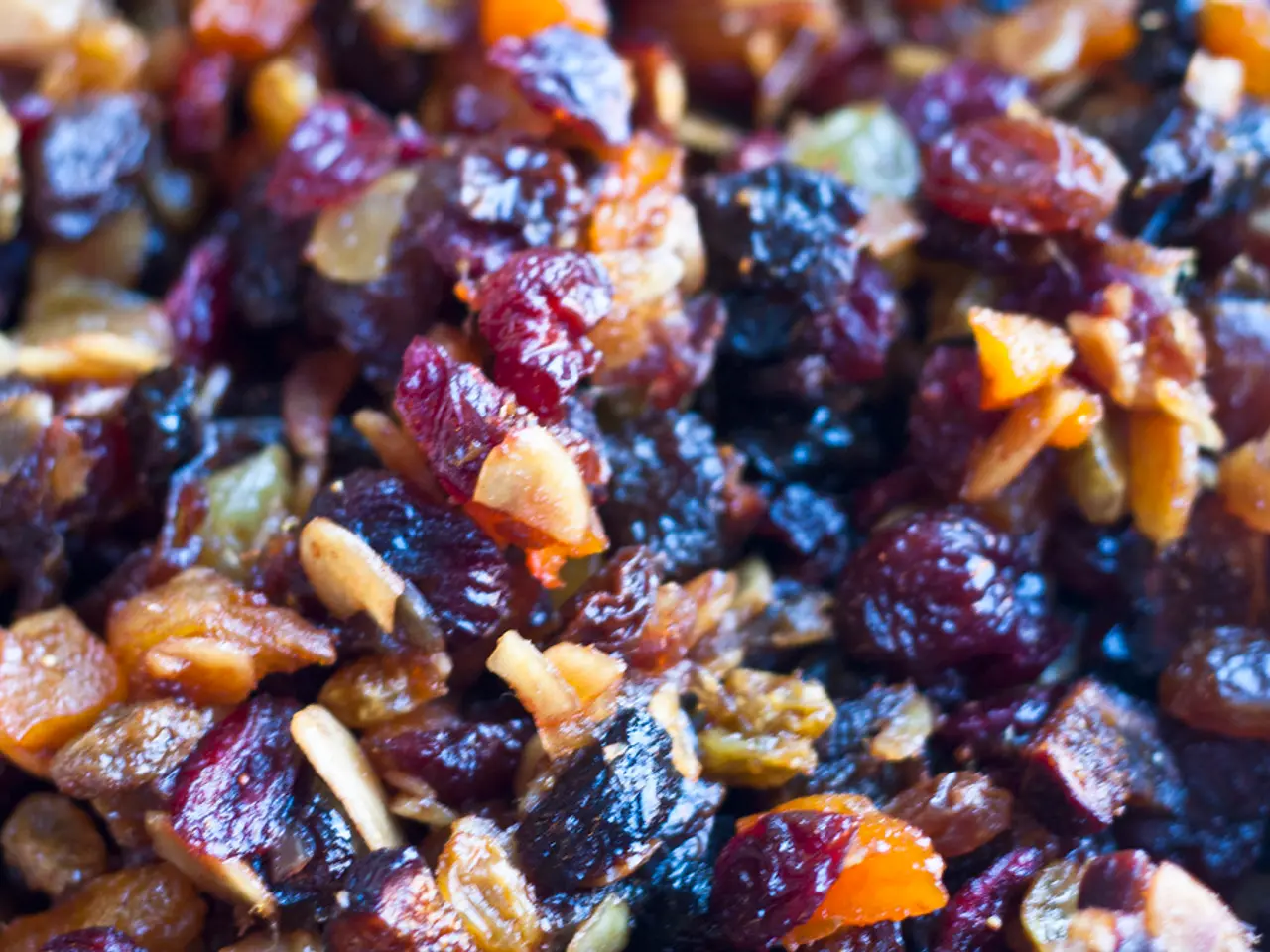The Importance of Fiber Consumption: A Must for Everyone's Diet
Americans are head-over-heels for protein these days, but there's another nutrient that's getting overlooked: fiber. You'll find fiber in a variety of places, like those protein bars and shakes, but it's also missing from many of our meals. And with a whopping 95% of Americans falling short of the recommended daily intake (22-34 grams for adults), we've got some work to do.
We chatted with some experts to find out why fiber is so important and how to make it a part of our daily diet.
- Lauren Manaker, MS, RDN, LD, CLEC, dietitian at Nutrition Now Counseling
- Omar S Khokhar, MD, gastroenterologist at Illinois GastroHealth
Why Fiber Matters
Fiber is a type of carbohydrate that doesn’t get digested by our bodies. Instead, it moves through the digestive system, helping maintain regularity, promoting a healthy gut, and stabilizing blood sugar levels. According to Dr. Omar Khokar, MD, a gastroenterologist who specializes in digestive cancer screenings, it works like the janitor of your digestive system, "sweeping things through, keeping inflammation at bay, and feeding the good gut bacteria."
Besides keeping things moving smoothly, fiber is also a form of fuel for our "good" gut bacteria. "Your gut bacteria turn fiber into compounds that lower inflammation and support immunity, so make sure you're feeding your microbiome," Dr. Khokar adds.
Fiber comes in two forms: soluble and insoluble in water. Soluble fiber (found in fruits and vegetables) helps lower cholesterol and control blood sugar levels, while insoluble fiber (found in grains and cereals) adds bulk to stool, promoting regularity.
Why We're Falling Short
The root of the problem lies in our modern lifestyle, says registered dietitian Lauren Manaker. "Many people prioritize convenience foods over cooking at home, and those ultra-processed options tend to be low in fiber." This includes everything from frozen dinners to drive-thru lunches, leaving us without the whole foods we need, like fruits, vegetables, whole grains, legumes, and nuts - all essential sources of fiber.
The Risks of a Low-Fiber Diet
A lack of fiber can lead to constipation, but it doesn’t stop there. According to Dr. Khokar, it's linked to higher risks of colon cancer, heart disease, type 2 diabetes, and even depression. So, make sure you're getting enough fiber to keep your gut (and the rest of your body) happy!
On the flip side, increasing fiber intake can improve digestion, support healthy cholesterol levels, help control blood sugar, and reduce your risk of serious chronic diseases.
How to Get More Fiber
Aim for at least five servings of fruits and vegetables per day, combine them with whole grains, nuts, and legumes, and don't forget that if it doesn’t rot or expire quickly, it probably doesn’t have fiber! "Whole foods like fruits, vegetables, whole grains, nuts, and legumes provide more than just fiber; they're a source of vitamins, minerals, antioxidants, and other nutrients that contribute to overall health," says Manaker.
Keep these fiber-rich food options in mind, and your gut (and the rest of your body) will thank you!
- Fruits (apples, berries, dried fruits, etc.)
- Vegetables (artichokes, peas, sweet corn, Brussels sprouts, etc.)
- Legumes (lentils, beans, chickpeas, peas)
- Nuts and seeds
- Whole grains (whole wheat bread, pasta, oatmeal, etc.)
For more fiber-rich recipes and tips, check out our healthy recipes section!
- Food cooking methods that focus on whole ingredients such as fruits, vegetables, whole grains, legumes, and nuts can help increase fiber intake.
- The health-and-wellness expert, Lauren Manaker, notes that our modern lifestyle, which often prioritizes convenience foods, contributes to the common deficiency in fiber.
- Martha Stewart's healthy recipes section offers a variety of fiber-rich meals to help Americans meet their daily recommended intake of 22-34 grams.
- Fitness-and-exercise enthusiasts should be aware that maintaining a proper diet, including sufficient fiber, is crucial in broader efforts towards overall wellness and reduced risk of chronic diseases.
- The science behind fiber reveals that it supports digestion, helps control blood sugar levels, and reduces the risk of colon cancer, heart disease, type 2 diabetes, and depression.








